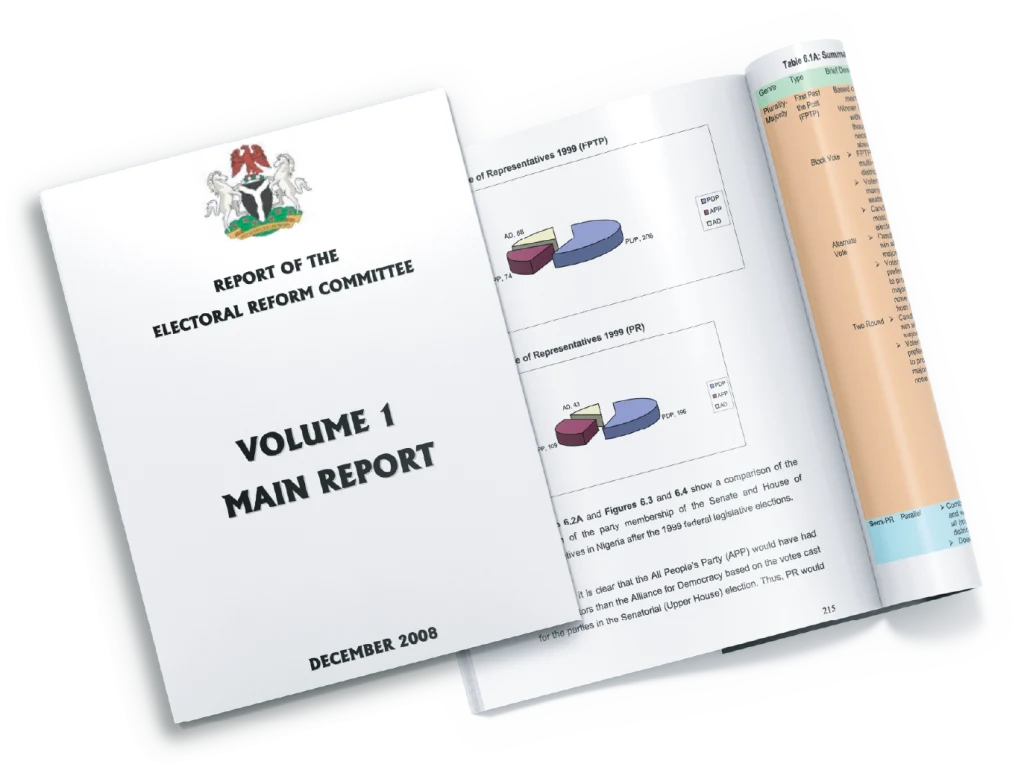Policy and Legal Advocacy Centre
What is the Special Seats Bill?
Nigeria ranks among the lowest globally for women’s political representation. Women make up nearly half the population, yet hold less than 5% of seats in the 10th National Assembly. Only 54 women serve across 990 seats in State Houses of Assembly and 15 states have no female legislators.
To address this, the Special Seats Bill, a constitutional alteration bill, seeks to remedy this imbalance by creating additional, separate seats to be contested and filled exclusively by women in the National and State Houses of Assembly.
The Problem
Timeline showing Nigeria’s women representation from 1999 to 2023 (dropping from ~7% to <5%)
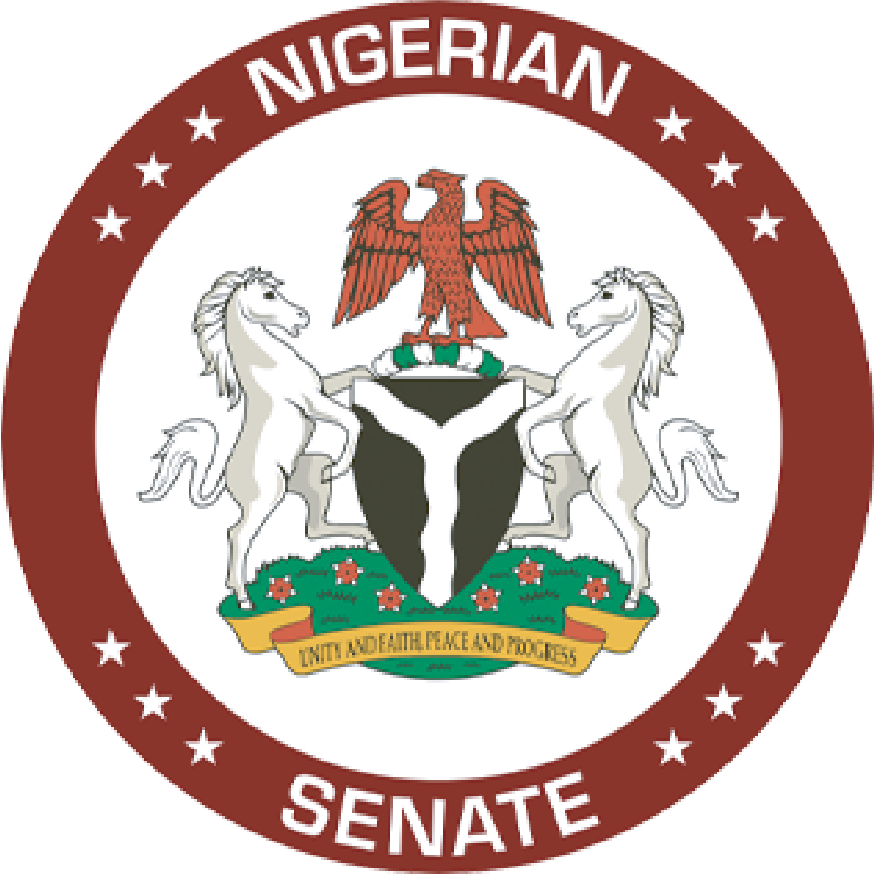
Senate:
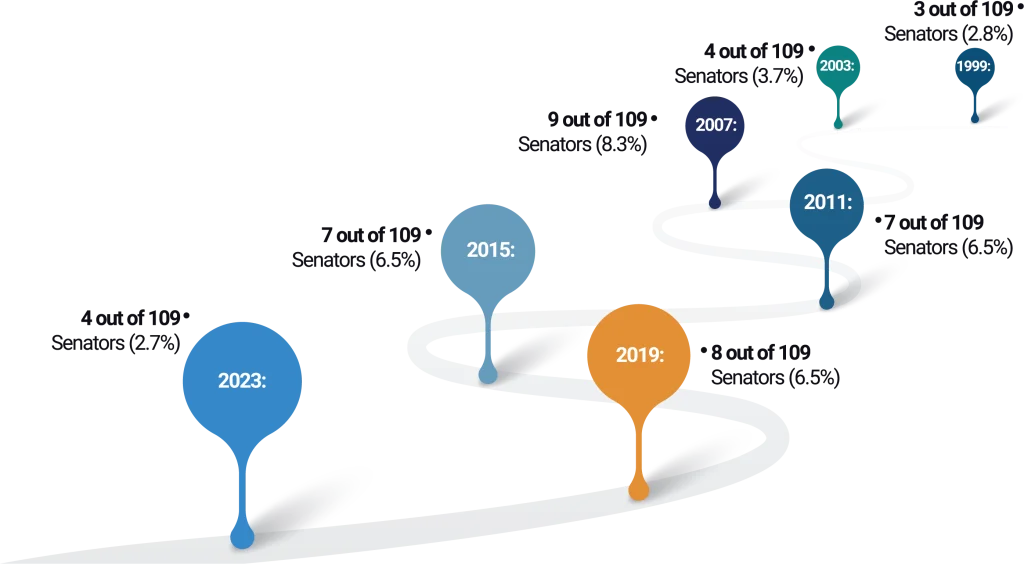
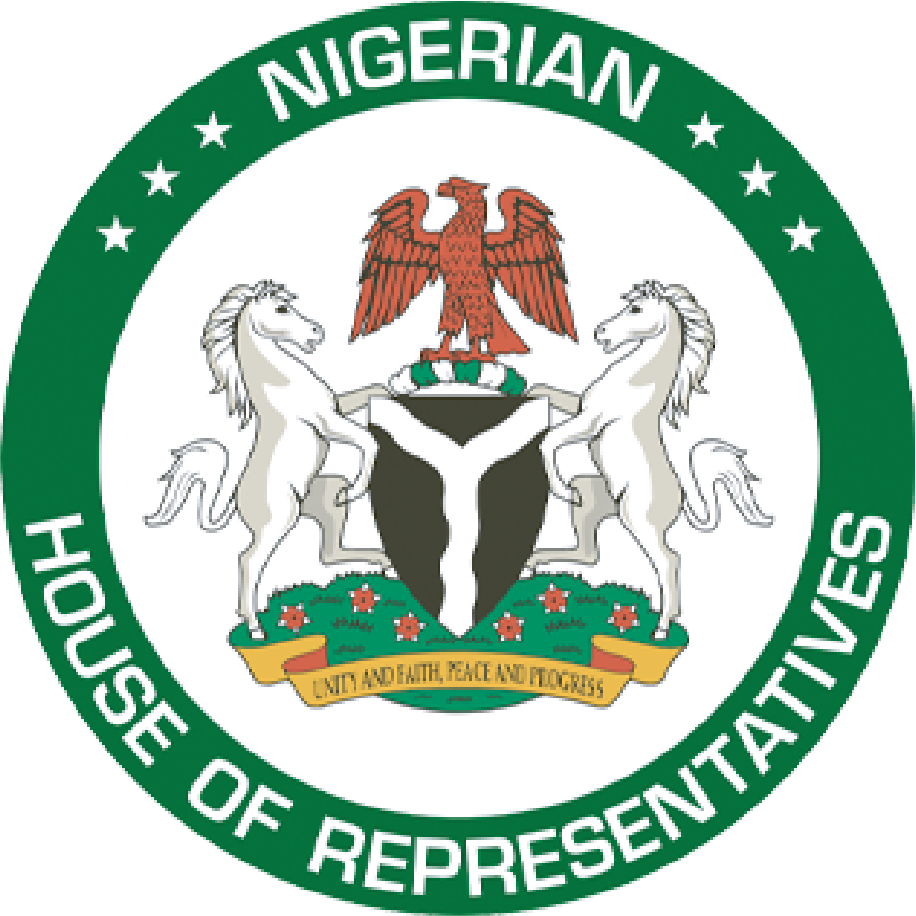
House of
Representatives:
Despite being 50% of the population, women hold less than 5% of seats in the National Assembly.

What’s Holding Women Back?

Political Gatekeeping

Campaign funding gaps

Unfair nomination processes

Cultural and religious stereotypes

Electoral violence
What the Special Seats Bill Proposes
The bill seeks to create additional seats for women in the National and State Houses of Assembly to address the low number of women in the legislature.
+
0
37 additional women in the House of Representatives (1 additional seat for each State of the Federation and the FCT)
+
0
37 additional women in the Senate (1 additional seat for each State of the Federation and the FCT)
Creation of additional
3 State House of Assembly seats per State for women
(One seat for each Senatorial district of the 36 States of Nigeria)
Notes:
Additional seats not to stop women from contesting for existing 109 + 360 seats. Every political party will nominate its female candidate to contest this seat. Every constituent can vote. The bill is a temporary special measure that will be reviewed or removed after 16 years or 4 election cycles.
Why It Matters
What could change?

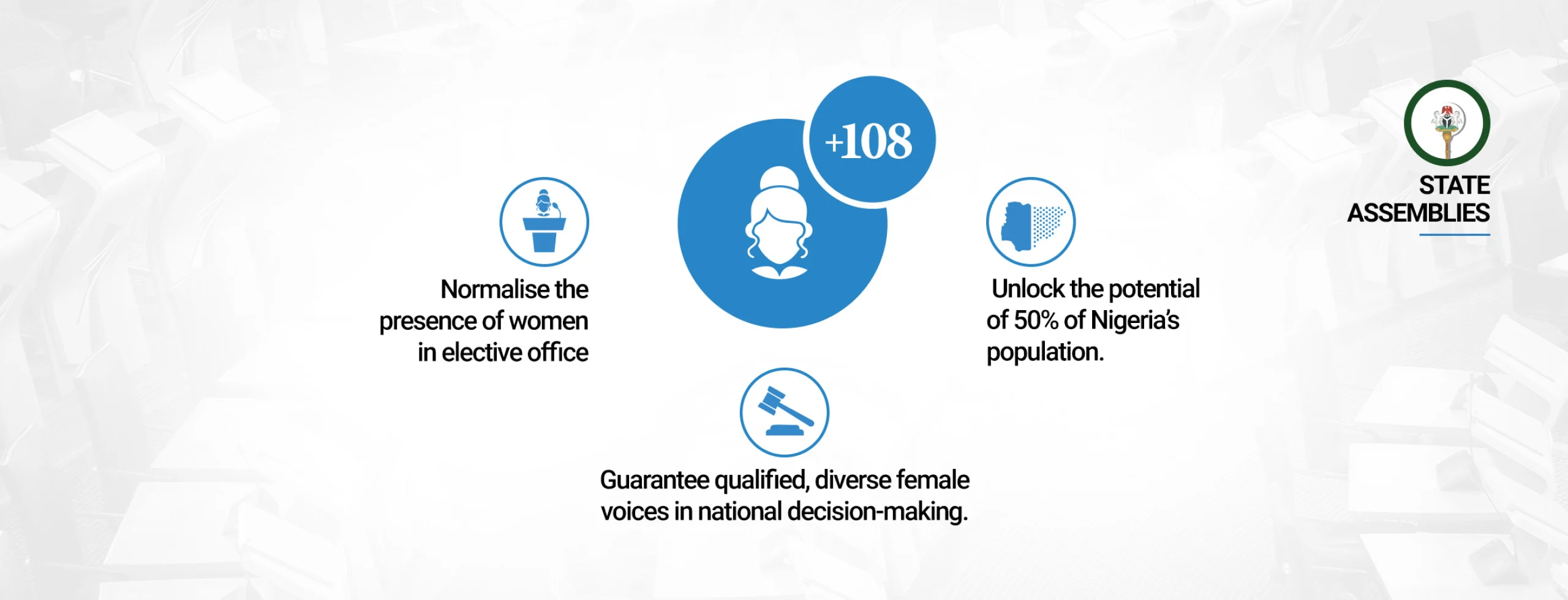
Slide
It promotes tokenism
Seats will be contested, not appointed.
It’s symbolic
legislative seats for women provide actual political and decision making power.
It’s unconstitutional
It is a proposed constitutional amendment.
It dilutes merit
Seat reservations create space for merit to emerge in a skewed system.
It’s a hand-out
Affirmative action measures seek to rebalance power, not redistribute pity.
It’s inequitable
Real equity is achieved by recognising unequal conditions and acting deliberately to correct them.
It creates “super legislators”
There are no added privileges or advantages to this seat.
It will entrench a constitutional ceiling for women
The proposal has a sunset clause mandating its review. Before then, it will guarantee a minimum number of 182 women legislators across the country vs. the current 74 women = a 145.95% increase
It’s confusing – constituencies won’t know who represents them.
Women will represent newly created “women’s constituencies,” elected on a separate ballot, while existing constituencies remain unchanged.
Continental Inspiration
African countries that use the additional seats model for women’s representation, where new seats are created on top of the existing legislative seats and reserved for women, include: Kenya, Tanzania, Uganda, Lesotho, Burundi, Rwanda.
Click to see their Quotas and Impact
